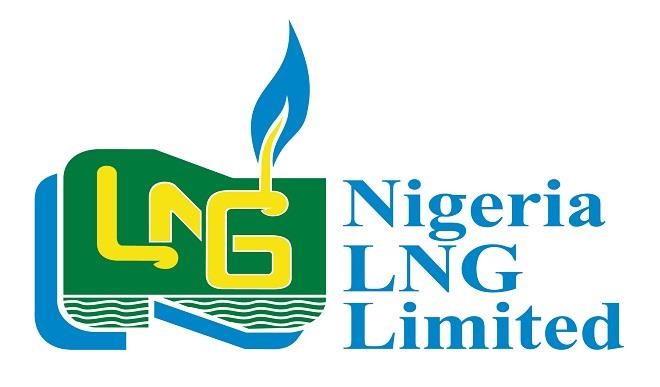
The Nigeria Liquefied Natural Gas Limited has said gas production from its plant in Bonny Island, River State, is still active.
It debunked reports which earlier alleged that the continued shutdown of operations by NLNG was a looming danger to the country’s annual production of 22 million tonnes of gas.
The gas company made the clarification in an email put together by its Media Relations and Publicity Division and sent to The PUNCH on Thursday.
The email read in part, “Operations at NLNG’s plant on Bonny Island has remained active despite a force majeure declared in October 2022 and feedgas supply challenges. NLNG issued a press statement on January 14, 2023 to restate this fact.
“The plant continues to produce LNG (Liquefied Natural Gas) and LPG (Liquefied Petroleum Gas) commensurate to the feedgas it receives from its upstream gas suppliers.”
The firm explained that last week, it responded to questions by the media and stated clearly that “the force majeure still subsists as the unavailability of upstream gas suppliers’ major liquids evacuation pipelines occasioned by sabotage and vandalism, still impacts feedgas supplies to NLNG.”
It, however, added that “NLNG continues to collaborate with its customers to minimise the impact of the consequent gas supply shortage. NLNG has never said that its production was shutdown,”
NLNG is one of the world’s top suppliers of LNG. The firm was incorporated as a Limited Liability Company on May 17, 1989, to harness Nigeria’s vast natural gas resources and produce Liquefied Natural Gas and Natural Gas Liquids for export.
Today, NLNG has a total production capacity of 22 million tonnes per annum of LNG and 5mtpa of Natural Gas Liquids from its six-train plant complex.
NLNG’s shareholding and governance structure is the first of its kind in the Nigerian oil and gas industry.
The company is an independent incorporated joint venture owned in the following proportions: Nigerian National Petroleum Company Limited (49 per cent), Shell Gas B.V. (25.6 per cent), TotalEnegies Gaz & Electricité Holdings (15 per cent), and Eni International N.A. N.V. S.àr.l (10.4 per cent).
The company’s structure guarantees that an independent board of directors sits at the pinnacle of governance, and makes effective decisions for the company.





